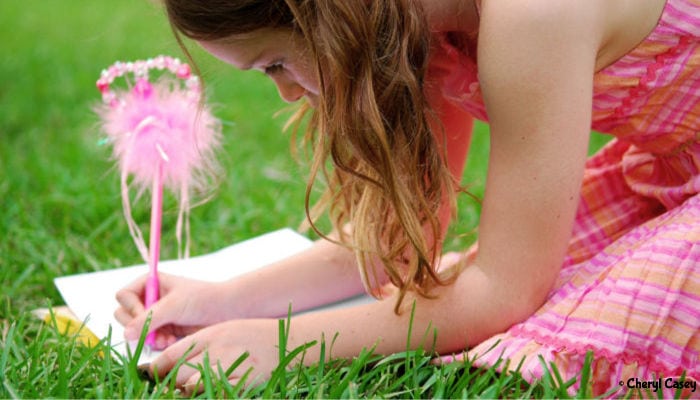By Guest Blogger Kelly Nichols, a local elementary school teacher
The studies exist. The summer slide is real. The average student loses approximately one month of learning over the summer. The decline is greater in math than reading and even more significant for disadvantaged students. So what is a concerned, caring parent to do? Officially, school is out. You’ve celebrated achievements and declared it summer. No one wants to have a school do-over. But thankfully, there are a few key things you can do to keep minds active and avoid the slide!
Treat reading as a life skill instead of a school task. Read a book together. Let your child see you enjoy the written word. If you aren’t reading the same material, read at the same time. Be a role model. Visit the local library and take advantage of all it has to offer. If your children are older, host a book club. Invite friends to read a common book and then get together and talk about it. It doesn’t have to be formal to be effective, it just has to be fun!
Encourage journaling. Keeping a journal of places you go and people you meet. Putting thoughts and feelings on paper provides an opportunity to play with words, find your voice, and express your feelings. Provide your children the experience of writing an actual letter to send in the mail. Send it to someone who is certain to reply. Older kids can write to find information; to companies about products, to parks about wildlife, or to whatever interests them.
Explore your environment. Visit museums. Visit local, state, and national parks. Or even, just visit the woods. Take the opportunity to learn more about plant and wildlife. Field Guides are great resources for older children to identify birds, plants, and trees. Visit the zoo, aquariums, gaze at the stars and uncover stories built into constellations, or take a class of special interest (glassblowing, dance, pottery).
Stimulate creativity. Our minds are malleable. The more challenges we attempt, the new ideas we confront, all help to expand our learning capability. Summertime is the time for fun. Play games of strategy (board games), attempt word games, build models, cook from a recipe, and put together puzzles. Older kids can solve a problem that sparks their interest. (Maybe create a schedule for chores or build a new type of bird feeder). Provide a space for arts and crafts. These spark creativity while keeping the mind engaged.
Unplug. Require kids to talk to each other. Conversation is rapidly becoming a lost art ; revive it in your home. When you do allow devices, use them with a purpose. The National Gallery of Arts- Kids Zone offers projects for all ages as well as virtual gallery tours. The Smithsonian has a kids sight which includes information for all ages as well as an interactive journey to find artworks. Wonderopolis is a site with a new “Wonder of the Day” everyday. There are videos, background information, and just enough to grab even the most skeptical “learner”.
Stay active, eat healthy. People of all ages need to be active. Exercise also improves attention, memory, accuracy, and how you process new information (Charles H. Hillman, Ph.D, associate professor of kinesiology and community health at the University of Illinois at Urbana-Champaign). The warm summer months are a great time for families and friends to be active and healthy outdoors.
Older kids can become active in the community by volunteering. Volunteering and having responsibilities beyond the basics provide the basis for job skills and leadership experience. Delving into these adventures early will build a firm foundation.
Challenging students’ minds during the summer months doesn’t need to be formal or overwhelming. Just like the rest of summer, it should be playful. Kids will buy-in and participate willingly. Finding the right mix of activity and challenge for your child will keep the brain active and engaged. Fighting against the summer slide can be enjoyable for you and your child!
















